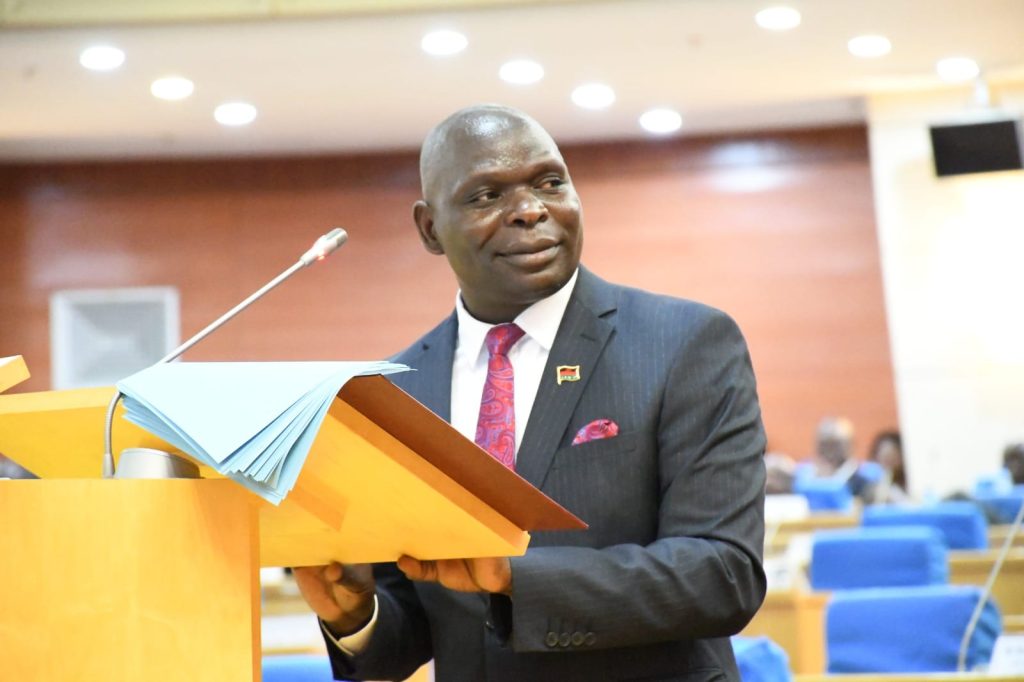Fiscal deficit down 13%in Mid-Year Budget
Minister of Finance and Economic Affairs Simplex Chithyola-Banda’s maiden financial plan will see the fiscal deficit as a percentage of the total budget slashed by 13 percent, an independent analysis by Weekend Nation shows.
Based on the figures in the Mid-Year Budget statement presented before Parliament on Monday, the government expects to run a deficit of K1.27 trillion, representing 29.6 percent of total expenditures estimated at K4.33 trillion.

The figure comprises a K710 billion deficit projected in the second-half of the financial year and K569.79 billion announced at the end of the previous period.
The deficit in the revised fiscal plan is 4.5 percentage points lower than the 34 percent deficit that was in the initial fiscal plan presented by Chithyola-Banda’s predecessor Sosten Gwengwe. The original financial plan, whose implementation started in April, projected government expenditures at K3.87 trillion with K2.5 trillion of that in the first-half.
In nominal terms, the K710 billion projected in the second-half of the year is 27 percent higher than the K569.79 recorded in the previous period but in real terms after accounting for inflation, the deficit is about 2 percentage points lower than in the first-half of the year.
The Mid-Year Budget statement projects revenues to grow on account of an increase in grant financing after the International Monetary Fund (IMF) approved an Extended Credit Facility (ECF) that would see the Bretton-Woods institution disburse about $174 million over four years.
The grant financing unlocked by the ECF programme with the IMF has seen grants grow by 108 percent from K310.59 billion to K645.94 billion.
Total expenditure in the second-half of the year is projected at K2.31 trillion comprising K1.79 trillion recurrent expenditure and K513.4 billion development expenditure. Of the recurrent expenditure, K561.19 billion will be allocated to interest payments.
Based on the revisions, government revenues have been adjusted upwards by about 50 percent, while expenditures have risen by 14 percent, leading the deficit as a percentage of the total budget to ease to 29.6 percent from the 34.4 percent projected in the original budget.
Reacting to the developments, Malawi University of Science and Technology economics lecturer Bertha Bangara-Chikadza observed that the reduced deficits show that the monetary policy the Reserve Bank of Malawi implemented to deter expenditures is working.
In a WhatsApp response, Bangara-Chikadza said: “RBM has been moving to control inflation by tightening monetary policy and seeing a reduction in the borrowing by the government to finance its expenditures is actually a sign that the tight monetary policy is working.”
In a separate interview, economic analyst Bond Mtembezeka cut a more pessimistic tone, saying the perennial deficits and the gradual increase in budget allocations to interest payment show that the country borrowed extensively in the past and is now experiencing the fallout from that period.
He said: “When an economy is committing more resources to servicing debt as opposed to development projects, it means it borrowed more in the previous period and it is taking away a lot from the present period which leaves very little room to invest for both the present and the next period.”





